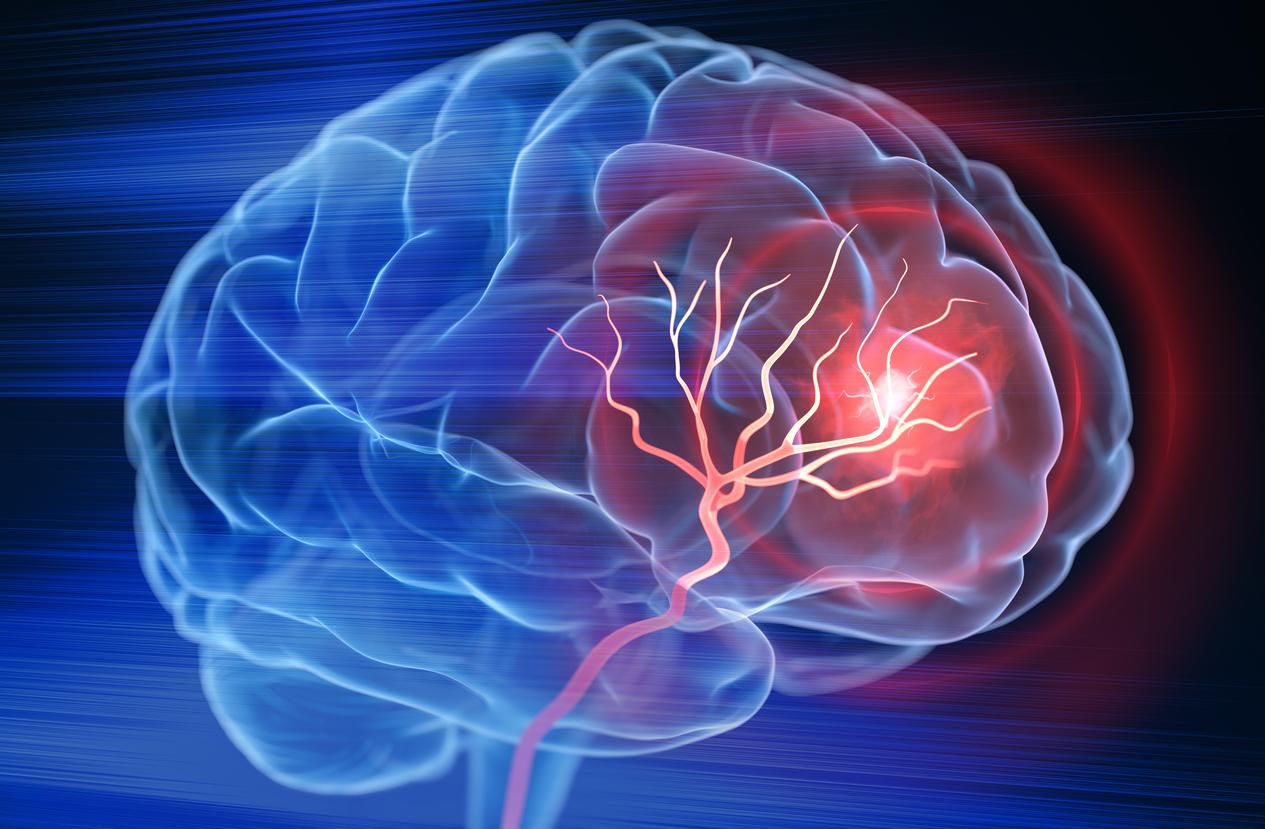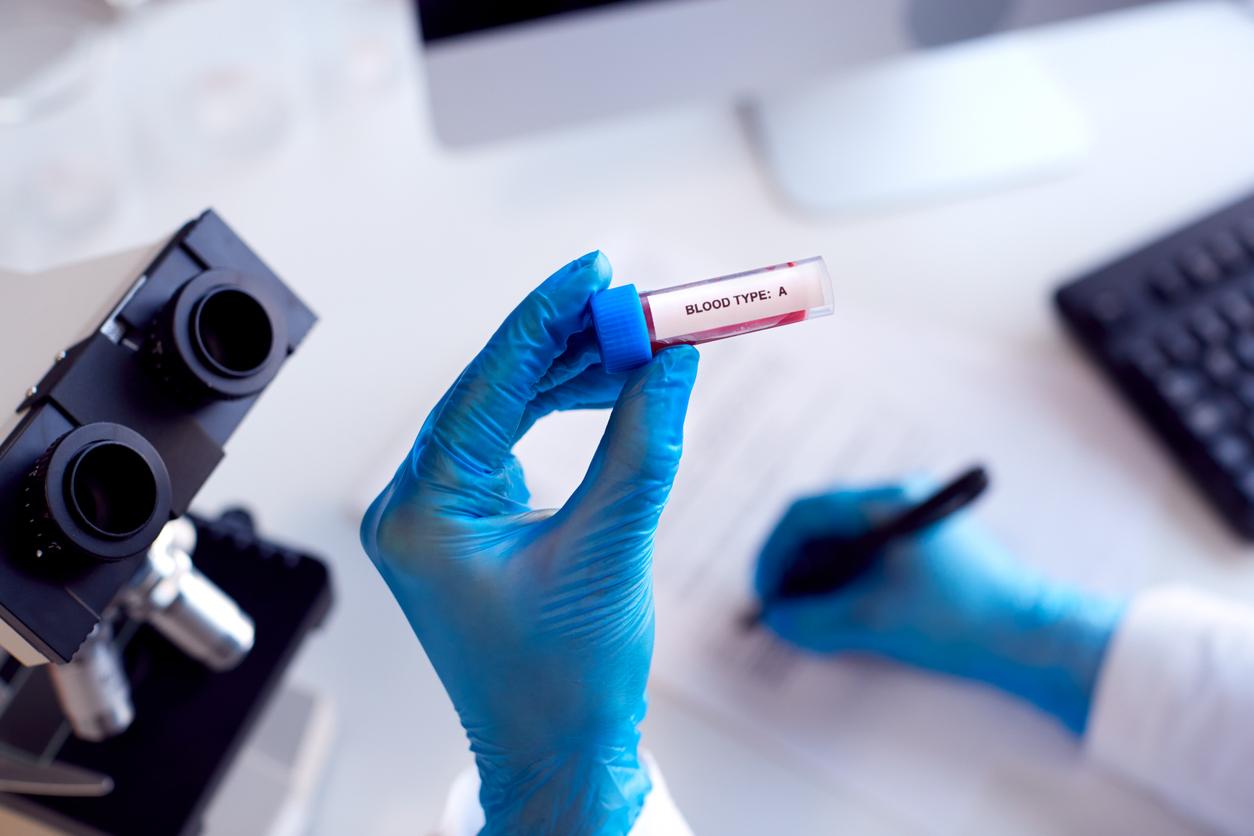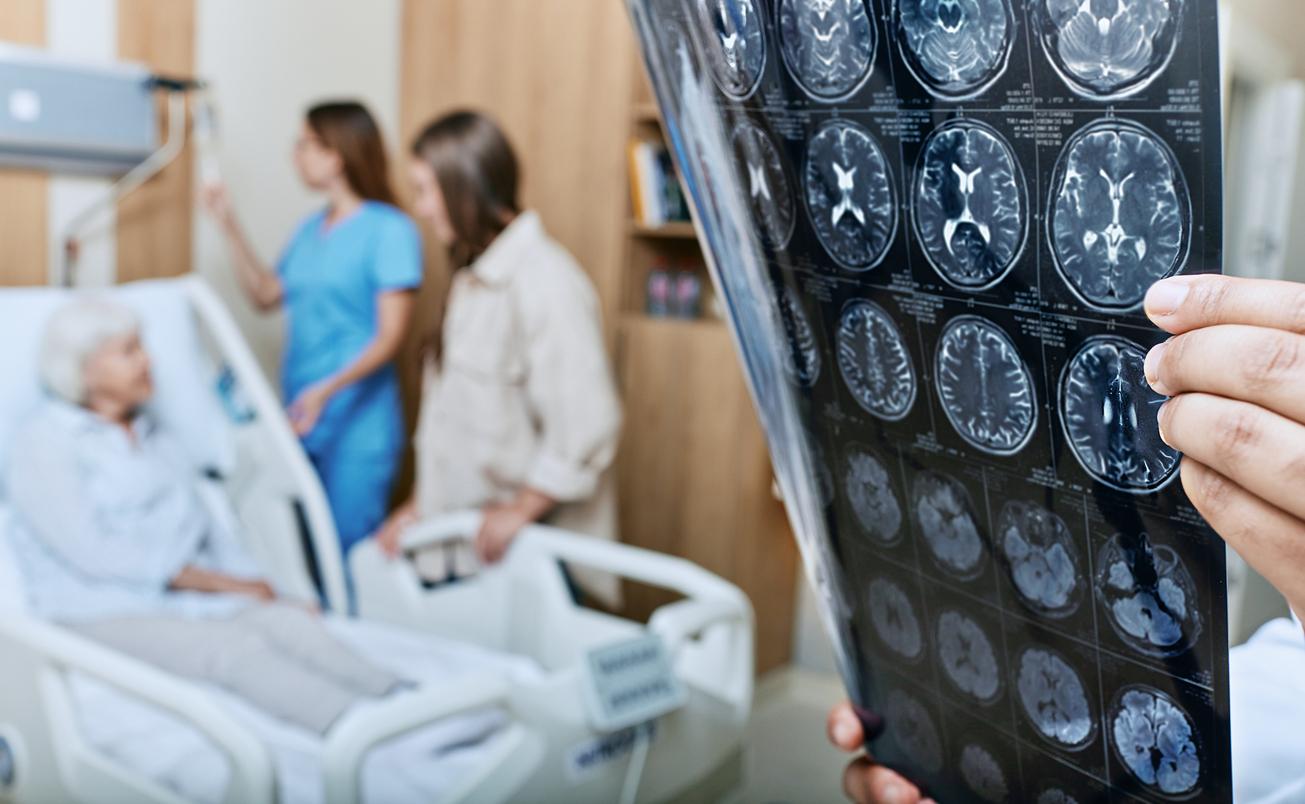The varicella-zoster virus (called VZV, for varicella-zoster virus) settles for life in the nerve ganglia of all people who have had chickenpox. Generally, our immune system manages to keep this virus blocked in the ganglia, but it is enough that we are tired, stressed or that our defenses are weakened for the virus to wake up and move along our nerve endings. He then causes shingles.
This very painful rash can appear at any age but it mainly affects people over the age of 65 (with an estimated incidence of between 8 to 10 cases per 1,000 people, which represents more than 100,000 annual cases of shingles), those who had chickenpox before a year and those who have a weakened immune system. However, all these people would also have an increased risk of vascular diseases.
A published study in Plos One has just asserted that there would be temporarily a greater number of ischemic strokes and myocardial infarctions in people who have suffered from shingles. “People diagnosed with shingles are 2.4 times more likely to have a stroke and 1.7 times more likely to have a heart attack in the week following the attack” insists Dr Caroline Minassian of the London School of Hygiene and Tropical Disease and lead author of the study.
To prevent shingles, there is now a vaccine (the Zostavax) available in pharmacies. This vaccine is reimbursed by National Health Insurance for people aged 65 to 79. In addition, for people aged 75 to 79 in the context of a catch-up, coverage or reimbursement is provided until February 28, 2017.
Read also :
Quiz: what do you know about shingles
Shingles: the first vaccine to prevent it available
5 natural remedies to treat shingles


















